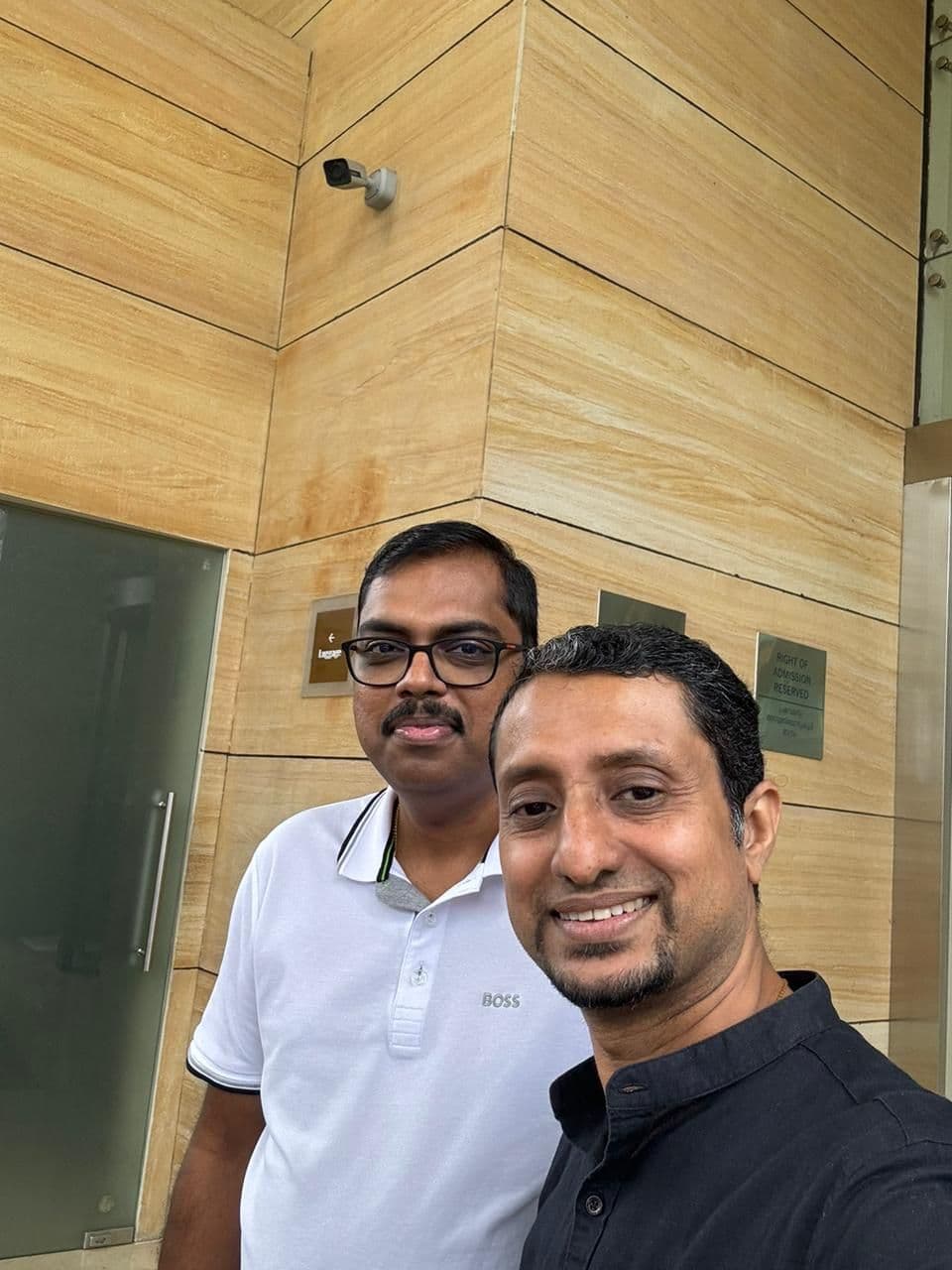
At Elixr Labs, we don’t have exit logs. No one records who leaves at what time. For us, data entry about who stayed longer or left earlier doesn’t build culture; it builds surveillance. And surveillance is the opposite of trust.
We’ve all heard the line: “Culture eats strategy for breakfast.” It’s overused, quoted on slides, and stuck on walls. The problem? It’s become background noise.
Here’s the real kicker: inconsistent culture eats trust for dinner.
Meetings don’t build culture. Neither do company off-sites, all-hands speeches, or motivational posters. They may create a sense of alignment in the moment, but culture isn’t what happens in the spotlight. It’s what happens when no one’s watching.
The Illusion of Declared Culture
Many organizations fall into the trap of declared culture. They think writing values on walls, designing onboarding decks, or creating catchy mission statements will magically shape behaviour. Don’t get me wrong, articulating values is important. But articulation without demonstration is empty.
Because the real culture? It’s not declared. It’s demonstrated. Not once, but consistently.
And that consistency or lack of it is what people notice most.
Building Culture Through Consistent Habits
Experience has taught me a truth that isn’t often spoken: culture is not a project, it’s a pattern.
Projects are time-bound. They have a kickoff, milestones, and a deadline. You can “launch” a new product or initiative, but you cannot “launch” culture. Culture doesn’t end with a presentation or an event.
Culture is a pattern of repeated behaviours. Culture appears in small everyday actions that may go unnoticed but leave a lasting impact. Over time, these actions show people what truly matters.
It’s in things as small as:
- How you respond when someone makes a mistake. Do you punish or use it as a learning moment?
- What you reward even silently. Do you celebrate long hours or thoughtful work done efficiently?
- Who you listen to in a room. Do you hear only the loudest voices, or create space for quieter ones?
- How you treat deadlines, feedback, and burnout. Do you push for output at all costs, or balance results with respect for people’s energy?
These decisions, often made in seconds, shape how safe or unsafe people feel. And that feeling compounds over time.
The Power of Consistency
The consistency of these micro-moments builds something incredibly powerful: emotional safety.
When people feel safe, they stop fearing mistakes and start exploring ideas with curiosity and creativity. They share thoughts openly and trust they won’t be judged.
That’s when culture stops being an idea and becomes real. It’s shown in what people actually experience, not just what leaders say.
Consistency isn’t about being perfect. It’s about acting with purpose every day so people know what to expect.
Quiet Habits Build Lasting Culture
Culture isn’t loud. It doesn’t always come from grand gestures, quarterly campaigns, or big speeches. It’s built in quiet, steady habits that happen daily:
- A manager who consistently checks in not just on work, but on well-being.
- A team that respects each other’s time by starting and ending meetings punctually.
- A leader who admits when they don’t have all the answers, signalling that vulnerability is welcome.
These habits don’t make headlines, but they make people feel valued. And that feeling, when nurtured consistently, is what creates belonging.
Why Culture Matters More Than Strategy Alone
When culture is inconsistent, trust erodes. People begin second-guessing leadership, hesitating to speak up, or disengaging silently. No strategy can survive in that environment.
But when culture is consistent, trust strengthens. And with trust comes collaboration, innovation, and resilience.
Culture isn’t just written on walls; it’s shown in the actions we take every day. At Elixr Labs, we practice our values in how we treat people and do our work.
So if you’re showing up every day with intention, listening, respecting, learning, and encouraging, don’t underestimate the power of that. It may not be loud. It may not get applause. But it’s lasting.
Because culture is not a project. It’s a pattern. And the quiet patterns we choose daily are what define the environment our teams will thrive in.
So let me leave you with a question:
What’s one quiet habit that reflects your team’s true culture?

How LinkedIn Reconnected Me with a Friend After 27 Years

The Incredible Transformation of India’s Health Tech at Unbelievable Prices!

Why Emerging Cities in India Are the New Goldmines for Real Estate Investment
